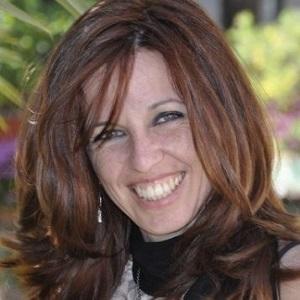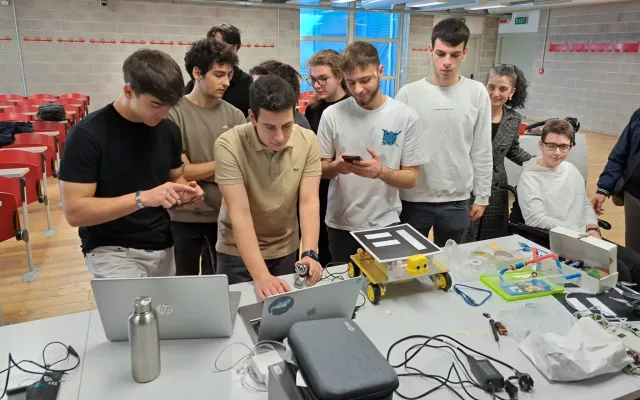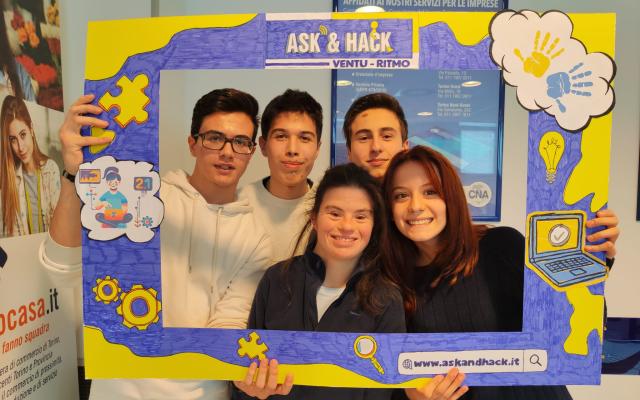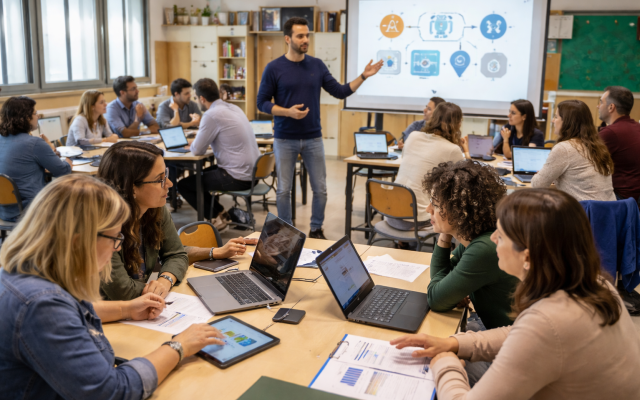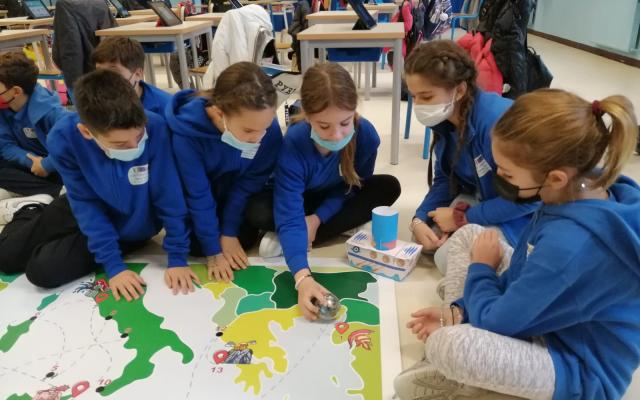Growing Tour at the Istituto comprensivo Fratelli Cervi in Rome
Our alliance with Visa has led to a new educational opportunity for high school students, who can now learn about accounting and more. Between May and September, Project Growing Tour, will provide a new format: free two-hour sessions on financial education with Visa volunteers and Fondazione Mondo Digitale tutors. The labs will address financial and digital education, as well as enterprise and sustainability, in a playful and dynamic manner.
On May 25, the educational session was held at the Istituto comprensivo Fratelli Cervi in Rome. The day is described by Literature Professor Daniela Liberatori.
On May 25, Class IB had the opportunity to participate in a lab on financial education held by Enrico Bersani, a Fondazione Mondo Digitale Coach, and Alessandro De Stefano, a Visa volunteer.
The lab took the form of an interactive and shared, pleasant and stimulating lesson for everyone, teachers and students. At first, the students were a little shy and afraid to make errors, but they gradually grew more courageous and began providing their timid definitions of “financial activity.”
Following an initial brainstorming session, the speakers provided the students with simple definitions of economy. Although these concepts are not easy to immediately grasp, the students learned to familiarise with them at school through experience and discipline – but also in everyday life, understanding the meaning of cost, value, and money.
Enrico and Alessandro explained basic economic concepts through a simple and accessible, yet precise language as an activity that binds together the universe in which man moves and lives. The vision of a video produced by Visa focused the students’ attention on further key concepts. The video was followed by a debate in which the students expressed their thoughts anonymously on pieces of paper. And their observations were very interesting! In fact, they give rise to a word cloud: “eat, have fun, economy, purchase, travel, equity, crypto currency, antiquities, commerce, buying, coins,” … many words with many meanings, the many facets of a polyhedric prism.
The “Growing Tour” PowerPoint presentation then focused student attention on a few precise questions: What is economy? When did it arise? Providing a historical overview from the birth of economics in antiquity to the present. From the first forms of barter to coins, credit cards and cryptocurrency (virtual currency that allows for direct financial transactions on-line without the mediation of banks).
During the second part of the lab, the students used the concepts introduced in the first part and worked in groups to simulate enterprise activities to test their understanding, verify their knowledge and adapt it to an operative and dynamic model. They described their idea activity starting from an initial budget of 100 euro, an activity that captivated them not only in terms of project organisation, but also in terms of emotions and relations, and their problem-solving, collaboration and cooperation, and entrepreneurial skills.
Some of the students developed a videogame to be sold and distributed, while a group of young women planned to open an ice-cream shop with itinerant ice-cream trucks to deliver ice-cream throughout the city. Yet others thought of a party planning company to organize birthday parties at villas with swimming pools, along with accessories, food and drink, and DJs, while some worked on flower shops, or gym clothing developed with green materials. There were many original ideas!
Playful simulation is a valid learning technique. It is flexible and dynamic, and educates students to think critically and rationally, allowing them to formulate conjectures, hypotheses, and ideas to verify, whilst using their imagination and creativity. It allows each student to “learn to learn.” And students learn not only thanks to teachers, but also and especially through activities and active involvement.
